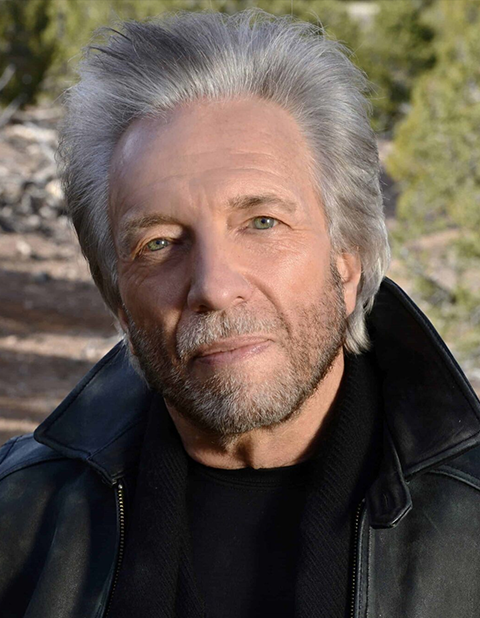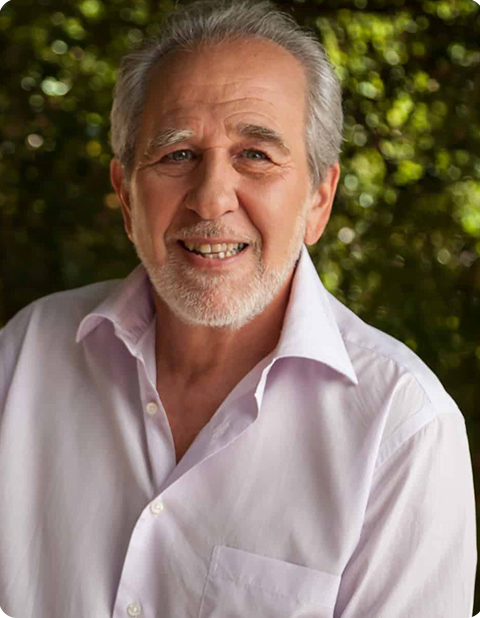Exploring Inner Growth through the Hero’s Journey
Joseph Campbell was an American writer who wrote about the hero’s journey in his book “The Hero with a Thousand Faces“ in 1949. He developed the concept of the hero’s journey, also known as the monomyth, as a standard template found in stories involving a hero who embarks on an adventure, faces a decisive crisis, and returns transformed.
Campbell identified three essential stages in the hero’s journey: separation, initiation, and return. His work has significantly impacted literature, film, and storytelling, influencing renowned creators like George Lucas in the development of narratives such as Star Wars and his template is now a framework for most Hollywood movies.
The hero’s journey is considered a timeless and universal narrative structure that resonates with audiences across cultures and periods. Campbell illuminated these patterns by exploring archetypes — the fundamental symbols and characters that recur in the stories of humanity.
This journey is not just physical but also a metaphor for the psychological or spiritual quest for self-improvement, enlightenment, and inner growth.
Embarking on a personal growth journey is like navigating the seasons of life, where challenges and abilities blend to create optimal experiences. In this flow, you are in a growth cycle, sometimes spiralling upward with positive feedback loops and facing resistance that propels you forward.
As you evolve, your personal growth occurs in stages that weave through cultures, religions, and myths worldwide. Embracing self-awareness, accepting shadows, taking responsibility for well-being, making commitments, facing resistance, and applying newfound insights in service are critical stages in this profound inner growth journey.
Departure: The Call to Growth
The initial phase of the hero’s journey starts with a calling towards adventure, symbolising an invitation to introspection and transformation within the realm of personal development.
This call often stems from dissatisfaction, circumstances, chance or a profound realisation that one’s current way of life is no longer fulfilling.
Christian figures often find inspiration in powerful experiences that lead to significant personal change. A prime example is the conversion of Paul the Apostle, whose encounter with the divine on the road to Damascus completely altered his path, turning him from a persecutor of Christians to a prominent Christian missionary.
Like Siddhartha Gautama, who later became the Buddha, he wanted to find out why people suffer and how it might be possible to end this suffering. He abandoned his royal lifestyle after understanding the unavoidable nature of suffering, setting out on a journey to in enlightenment.
Both individuals departed from a place where to their egos they were sure in themselves and as change came, a journey opened up into a deeper revelation of themselves causing them to change their outward activity.
Initiation: Facing Challenges and Receiving Guidance
The initiation phase entails confronting trials and challenges that put the hero’s determination and integrity to the test.
When it comes to inner growth, these challenges typically involve facing fears, overcoming trials, and addressing the past leading to repentance, recapitulation, and an inner challenge. The hero may encounter mentors who offer valuable guidance and support throughout this stage. In Campbell’s archetypes, the mentor shares knowledge, and resources essential for the hero’s adventure.
Consider Jesus Christ as a mentor figure to the 12 disciples, guiding his disciples through parables and demonstrating a life of compassion and sacrifice.
In a broader context, figures like Mahatma Gandhi emerged as mentors to many, advocating for nonviolent resistance and self-discipline as tools for personal and social change. These mentors epitomise the archetype, equipping the hero with the knowledge and skills required to navigate the new world they have entered.
“Practice these things; immerse yourself in them, so that all may see your progress.” – 1 Timothy 4:15
Return: Sharing Wisdom and Continued Growth
Once the hero successfully navigates the central crisis or accomplishes their quest, they return to their everyday world.
Yet, they have evolved through their experiences and now possess new insights or knowledge to share. This return marks a fresh start as the growth process continues. According to the personal growth cycle, there is no final destination as individuals consistently grow and reshape their identities.
Christian figures such as Saint Augustine returned from their spiritual journeys with deep theological understandings, which they conveyed through their writings and teachings.
Just like Nelson Mandela emerged from years of imprisonment with a powerful message of reconciliation and unity, reshaping the political landscape of South Africa and an iron determination to end cycles of hate that was forged in his time in prison.
The process of inner development is a universal experience that goes beyond religious and cultural differences. It embodies the individual’s journey to answer a call to change, confront challenges, seek guidance, and return transformed.
Christian figures such as Paul the Apostle and Jesus Christ and other influential individuals like Buddha and Gandhi embody these cycles. These stories ignite a fire within us to start our paths of self-discovery, emphasising that personal growth is an ongoing journey rather than a straightforward destination.
Inner growth is an ongoing journey without a final destination. Just as historical figures like Saint Augustine and Nelson Mandela returned from their transformative experiences with profound insights, we too can embark on our paths of self-discovery.
Join our Telegram group to connect with others on this continuous growth and evolution journey.
Together, let’s embrace the universal truth that transformation knows no bounds and is a journey we navigate together.
blog 
Read our latest posts.
courses






















